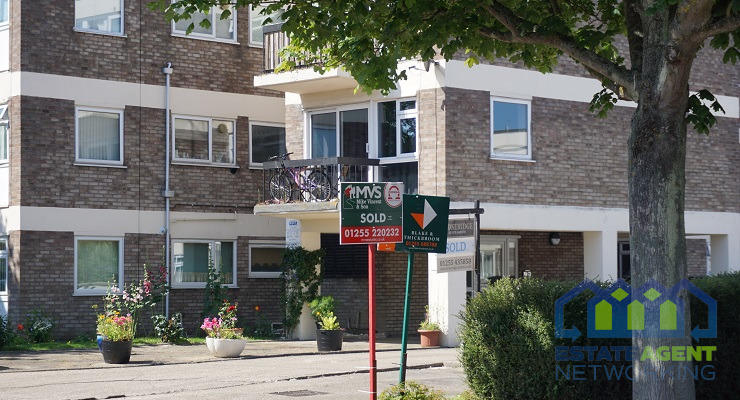How to maximise your buy-to-let profits.
The buy-to-let market is flourishing, especially in areas where lots of people want to live and work, such as London and the South East. Other investments (such as bonds) are not producing the returns they have in the past and interest rates are still at an all-time low of 0.5% above base rate, so savvy investors are expanding their buy-to-let empires, figuring that bricks and mortar is the way to go.
However, while investing in buy-to-let property can be very profitable, it’s key to remember that it’s a business and the profits are taxable. The good news is that you can minimise the tax you pay perfectly legally.
Here’s a reminder from rent guarantee specialists, Assetgrove of what you can offset against your declared profits:
Mortgage fees and interest
Both mortgage fees and interest are tax deductible and these can be claimed back in the year you arranged your mortgage. If you’ve an interest-only mortgage then obviously your whole monthly repayments will be tax deductible. This is why lots of landlords ensure that their property is mortgaged even if they can afford to pay it off!
Insurance premiums
You can offset insurance against tax, such as contents cover, home emergency, rent guarantee insurance. On average, you’re likely to pay £200 a year on a typical low-risk buy-to-let property.
Maintenance and repairs
Money you spend ensuring the property remains in a good state for tenants, is tax deductible. This includes wear and tear on items such as furniture (this is 10% of the rent annually, minus costs you pay on behalf of the tenant – like council tax). You could also claim the cost of replacing furniture in the property – but not for the cost of furnishing in the first place. Other tax deductibles include general repairs, such as: painting and decorating or replacing the roof. However, improvements such as renovations and extensions, are not included.
Ground rent and service charges
Leaseholders pay ground rent to the freeholder and service charges every month to pay for the block of flats. Charges include cleaning, maintenance, heating and lighting; as well as security or concierge staff – and sometimes there are major works bills. These are deductible from your tax bill.
Council tax and utility bills
Both of these can be offset against tax (as long as you’re paying them) and you can claim these whole costs whether the property is void or not.
Others
You can also claim the cost of advertising your property, expenses in travelling to and from your properties, along with things such as your subscriptions to property magazines and running your home office.
We hope that these tips have helped, just remember to hire an accountant to help you with your bill as it makes thing much easier.









